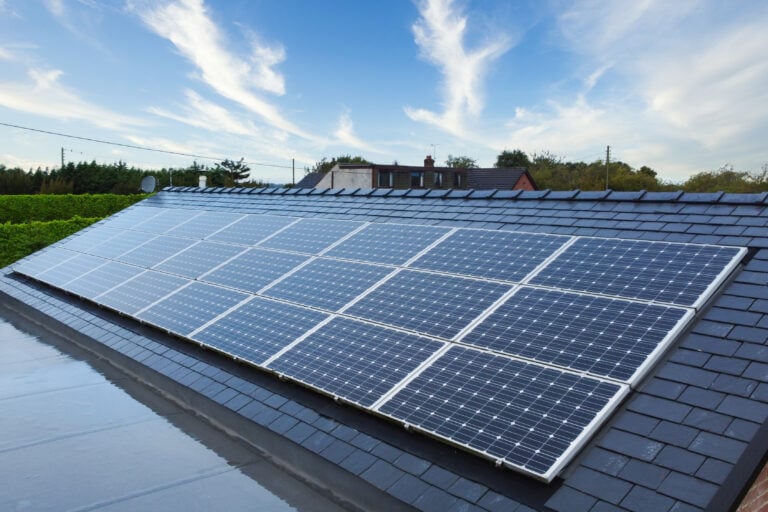Analysis carried out by the Microgeneration Certification Scheme (MCS) has shown that Cornwall leads all other local authorities in small-scale renewable energy installations in MCS, with solar being the favourite.
The South West Province installed more than 1,800 renewable energy installations in 2024, for a total of 38,000. More than 15% of households in Cornwall have an MCS certified sustainable installation, including solar panels, heat pumps and battery storage.
MCS data shows that solar is the most popular renewable energy technology in Cornwall. Since 2008, more than 27,300 MCS certified solar PV installations have been registered, accounting for 72% of all MCS certified renewable installations in Cornwall.
It is worth noting that this trend has continued into 2024, with 65% of all MCS certified renewable installations in Cornwall so far this year being solar PV systems.
Heat pumps are becoming increasingly popular
In addition to solar energy, heat pumps are also seeing an increase in the number of installations. In the first four months of 2024, Cornwall installed an average of almost 150 certified heat pumps every month, marking another record year for the technology for the local authority.
Of the 663 MCS certified heat pumps installed in Cornwall this year, more than 600 are air source heat pumps.
According to Ian Rippin, CEO of MCS, the Boiler Upgrade Scheme (BUS) has played a key role in enabling Cornish homeowners to afford low carbon heating solutions, especially given that Cornwall is considered one of the poorest regions in Britain.
Rippin said: “As Cornwall is one of the sunniest places in Britain, it is no surprise that more Cornish homeowners are investing in solar panels to power their homes with free energy from the sun.
“But it’s also great to see how the grants and incentives available in Cornwall, such as the BUS, continue to play a key role in helping homeowners make the switch to low carbon heating more accessible and affordable. I look forward to seeing the number of heat pump installations continue to increase, both in Cornwall and across the UK.”


